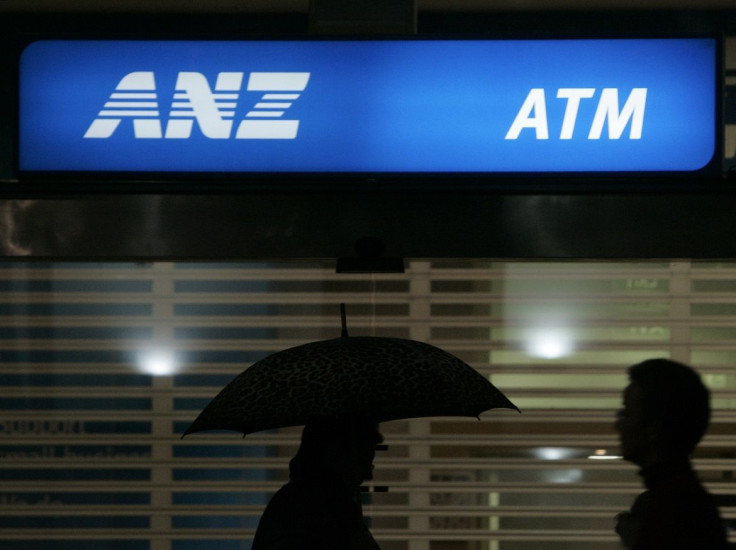Australians At The Forefront Of Mobile Banking

Australia is leading the world in mobile banking based on a recent international survey. Mobile banking has surpassed online banking as the best way customers transact with their own banks.
Australians are among the world’s fastest adopters of mobile banking, according to the survey of consultancy firm Bain & Company. Survey figures from Bain had showed that 38 percent of the interactions of Australian customers occurred using a tablet or smartphone in 2014 compared to 22 percent in 2013.
Mobile banking had become more common than online banking. The survey said online banking interactions dropped from 42 percent to 35 percent. Although the trend is happening around the world, Bain partner Gerard du Toit said Australian consumers are the leaders in mobile banking.
“The pace of change over the last 12 months is stunning,” said du Toit, Bain’s head of banking in the U.S. on a visit to Australia. He went on to say that Australian customers are also taking “unnecessary actions” out of the branches.
The head of U.S. banking added that the rising trend in mobile banking may be a potential threat for ANZ Bank, National Australia Bank, Commonwealth Bank and Westpac. Du Toit explained that the high mobile usage and the profits earned by the four big banks become targets of technology-based businesses, reports SMH.
The big four banks also have an average return of equity of 15.8 percent compared to 10 percent for banks in the U.S. Despite the dwindling role for Australian bank branches, du Toit said bank branches still have a viable future in helping customers with more complex problems. The findings were based on the responses of 83,000 consumers from 22 countries, including 2,700 Australians.
In contrast to Bain’s view, other experts believe local banks are less susceptible to “digital disruption” since they have great investment in digital technology. A report from Citi analysts said the impact of digital disruption may be small since banks already have heavy technological investments. Existing regulations also play a role in deterring new entrants in the market.
Meanwhile, Commonwealth Bank has recently announced it will use Ripple technology to speed up payments between its subsidiaries. Although the technology is still in its experimental stage, the bank’s announcement is still considered significant.
(To report problems or leave feedback on this article, contact: r.su@ibtimes.com.au)




















